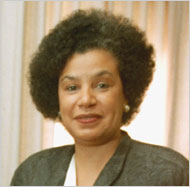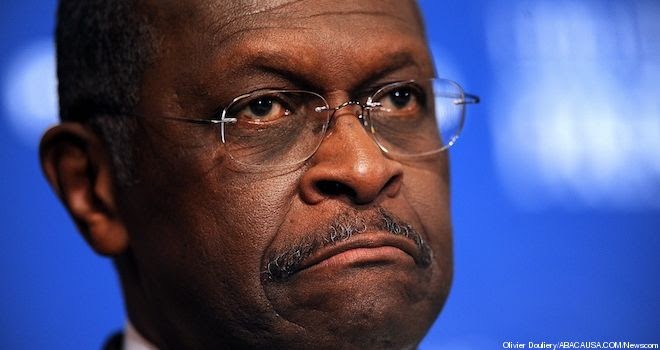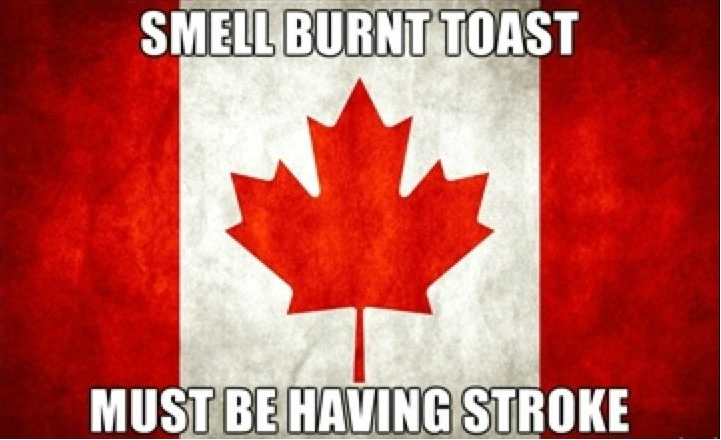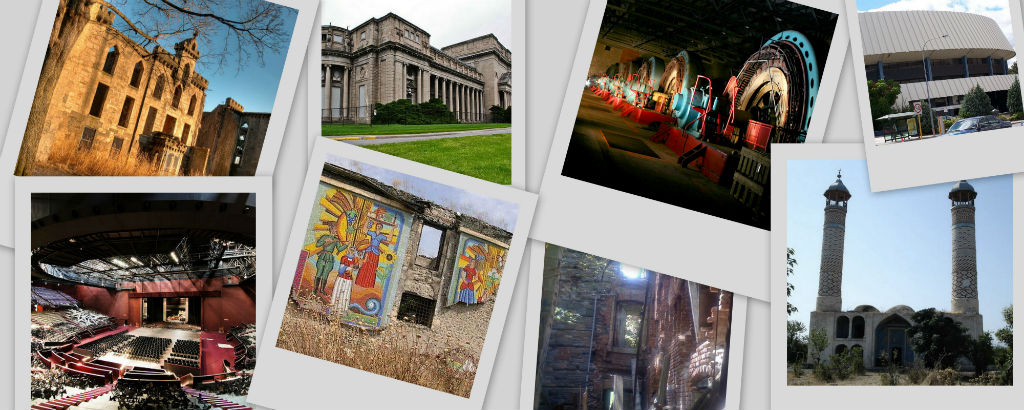Lured by rumors of gold and ivory and in search of a new trade route to Asia, in 1471, the Portuguese first arrived at what is now present-day Ghana. What they found was an established gold trade by the existing inhabitants, who were members of the Fante ethic group. To participate in the gold trade, the Portuguese established a trading post in the present-day town of Elmina. Continue reading
History
I’m currently reading The Emperor of All Maladies. It’s a great book on the history of cancer and cancer treatments. Reading it is like sitting in the observation desk of a surgical theater while a new and especially tricky procedure is being conducted. You are witnessing one of the scariest moments of someone’s life and the most triumphant moment in another’s. Yet your attention is not on the sedated person, the one who will pay with their life should things not go as planned. Your attention is on the person in the scrubs, with the knife. Continue reading
As part of the City of Los Angeles’ Office of Historic Resources SurveyLA project, they’ve created several online services to get information and input from Angelenos. The SurveyLA project is designed to identify historic resources in Los Angeles. Continue reading
 Nancy Hicks Maynard (1946-2008) was the first black woman reporter for the New York Times, to cover hard news. Together with her husband Robert Maynard they were the first and only black publishers of a daily metropolitan newspaper, the Oakland Tribune. Along with seven other journalists, they also founded the Maynard Institute for Journalism Education, currently based in Oakland.
Nancy Hicks Maynard (1946-2008) was the first black woman reporter for the New York Times, to cover hard news. Together with her husband Robert Maynard they were the first and only black publishers of a daily metropolitan newspaper, the Oakland Tribune. Along with seven other journalists, they also founded the Maynard Institute for Journalism Education, currently based in Oakland.
Maynard, born and raised in Harlem, paid her dues at the New York Post before she was hired by the Times at the age of 21. While not the first black woman reporter at the Times (that honor goes to society reporter Bernadette Carey), she did up the ante by covering some of the most important news stories of the day. Continue reading
 In 1944, alone and recovering from a miscarriage, Irene Morgan boarded a Greyhound bus in Gloucester, VA. She found a seat in the black section of the bus and settled in for the long drive home to Baltimore.
In 1944, alone and recovering from a miscarriage, Irene Morgan boarded a Greyhound bus in Gloucester, VA. She found a seat in the black section of the bus and settled in for the long drive home to Baltimore.
The packed bus stopped in Middlesex County, VA, where a white couple boarded. The driver confronted Morgan and demanded that she vacate her seat. Morgan refused. The bus driver drove to the local sheriff’s station and the sheriff boarded the bus with a warrant for Morgan’s arrest. Morgan tore up the warrant and when the sheriff went to grab her she kicked him and fought every step of the way.
“He put his hand on me to arrest me, so I took my foot and kicked him,” she recalled in You Don’t Have to Ride Jim Crow!, a 1995 public television documentary. “He was blue and purple and turned all colors. I started to bite him, but he looked dirty, so I couldn’t bite him. So all I could do was claw and tear his clothes.” Continue reading
You Americans sure do love your celebrities. It’s kind of baffling that a failed presidential candidate (or even a failed presidential candidate candidate) can become a household name; not just in your country, but across the border and around the world. Herman Cain, really? Were he and his ilk really worth the obsession?

Canada has exported a few superstars, of course; Bryan Adams, Justin Bieber, Celine Dion. (You are most welcome to keep them). But we don’t exalt our power players to nearly the same degree.
Here are a few Canadians who, through actual achievements, are generally recognizable throughout this land. Continue reading
In 1991, the CBC and CTV began airing sixty second short films during commercial breaks and movie previews about inspiring and important moments in Canadian history called Heritage Minutes. Over time, these melodramatic commercials became so entrenched in Canadian culture that parodies sprung up (as seen below) and inside jokes ensued among Canadians, such as referencing “burnt toast.” Here are just a few minutes from a series that has expanded to more than 125 commercials: Continue reading

There are three great defining features of the history of Canada: booze, hockey and rebellion. Most of our great historic events have revolved around at least one of these. Several have involved two, and the occasional one involves all three. Continue reading
Another installment in our series on abandoned places in the world.
Continue reading




